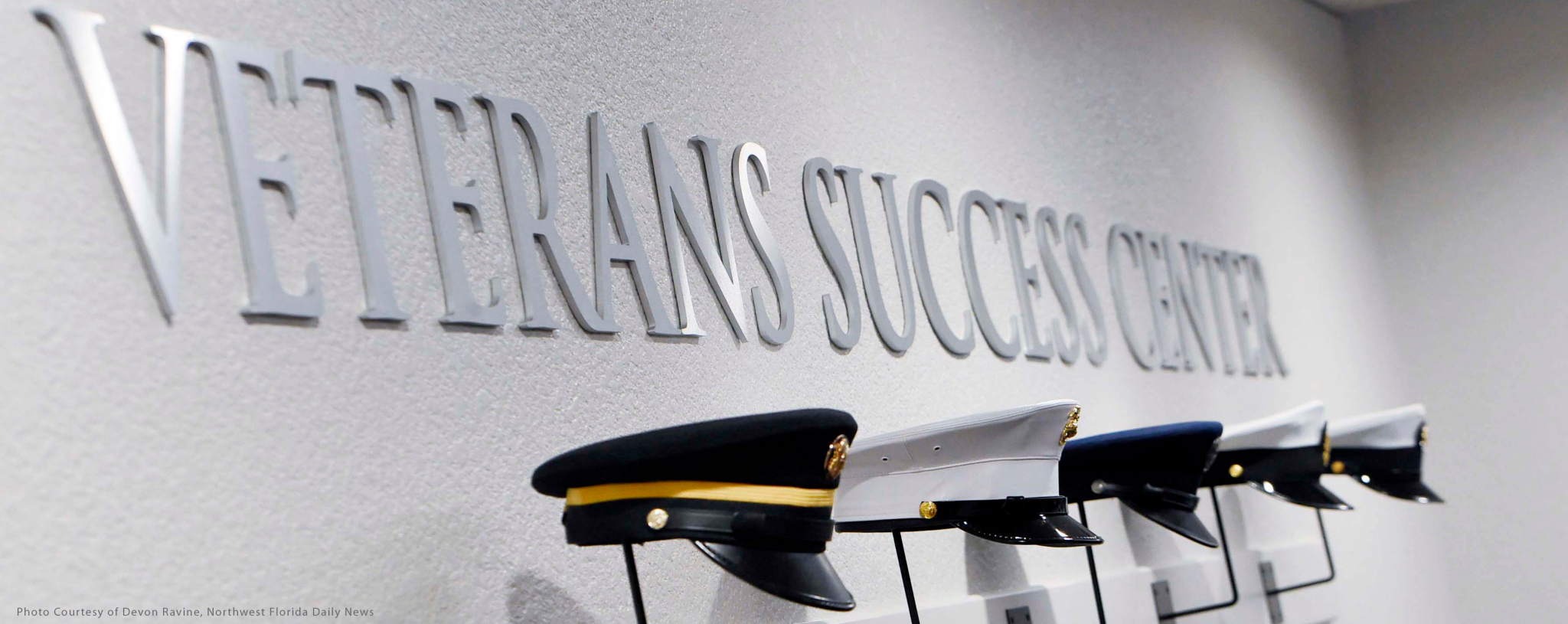
VA Education Benefits: Dependents
VA education benefits for dependents include options under the GI Bill, Yellow Ribbon program, and scholarship funds. If you are a military dependent wondering what your options from the VA might be, much depends on the nature of the military member’s service, time spent in uniform, and what GI Bill program the member signed up for at…








